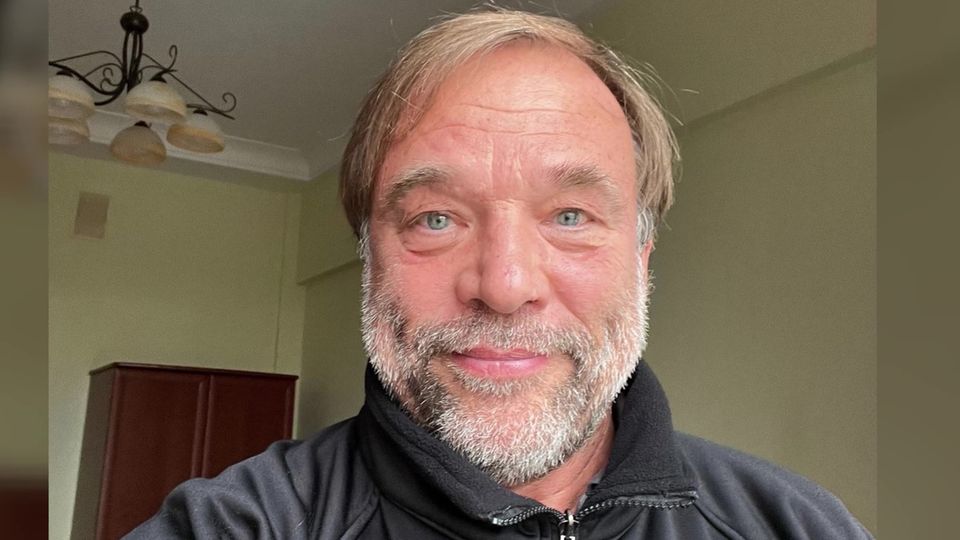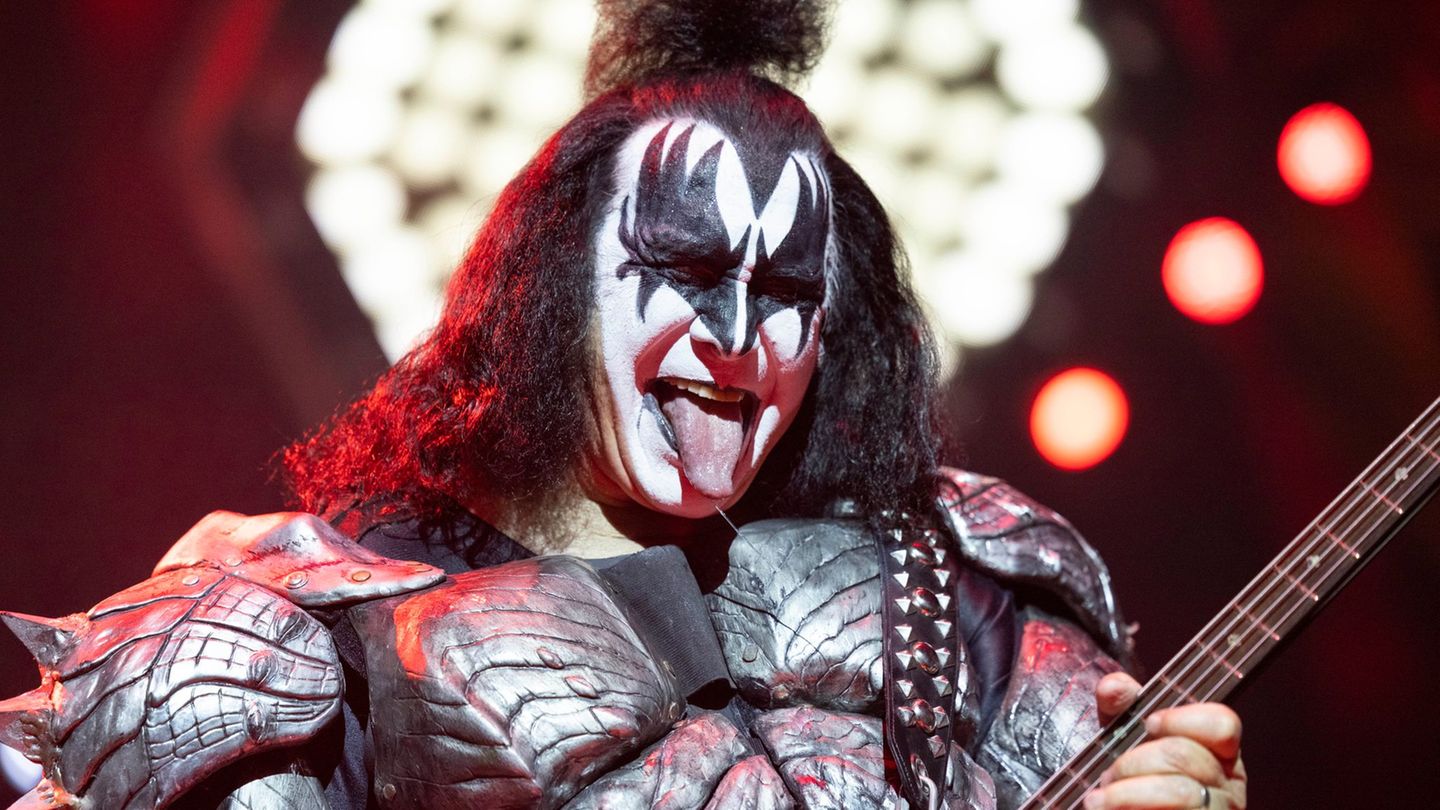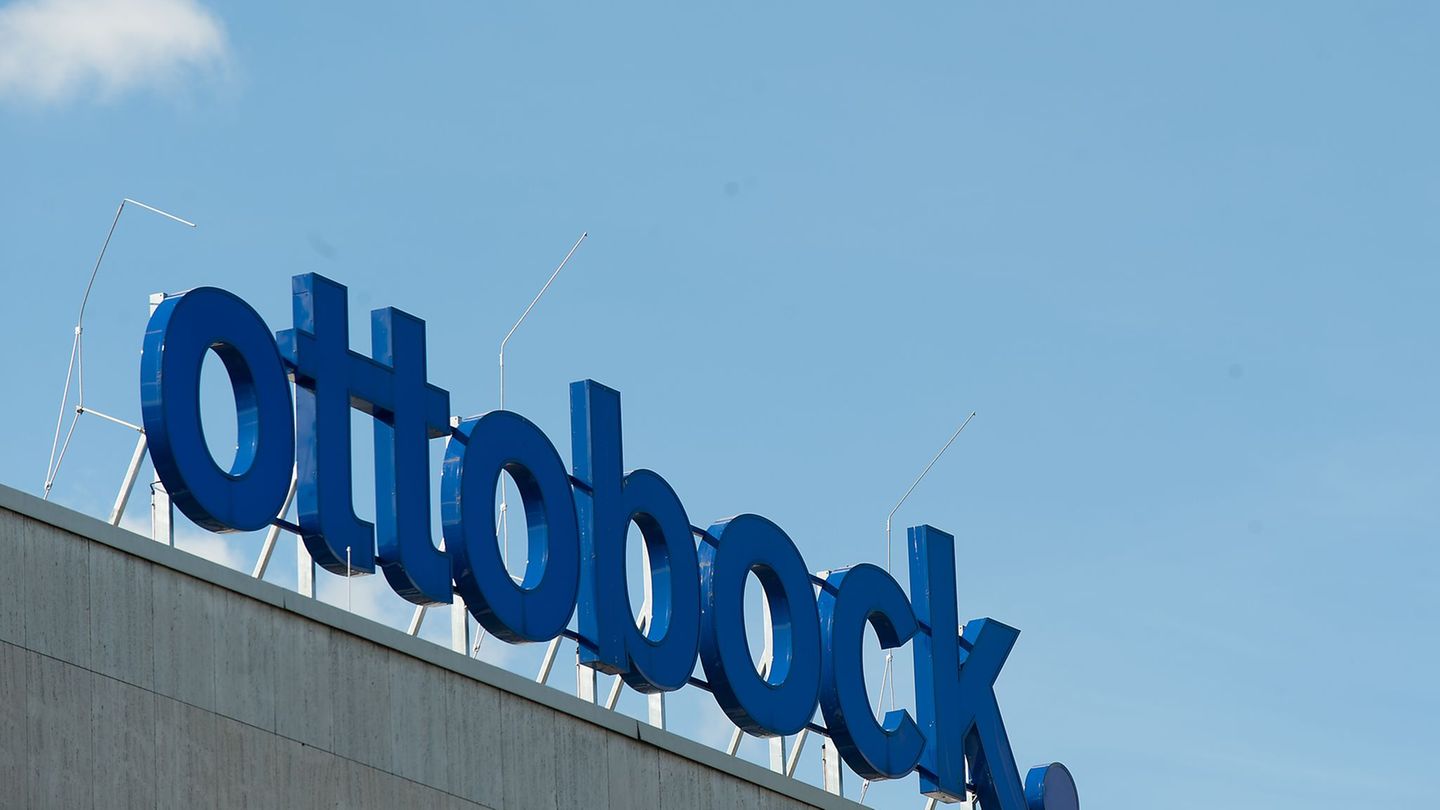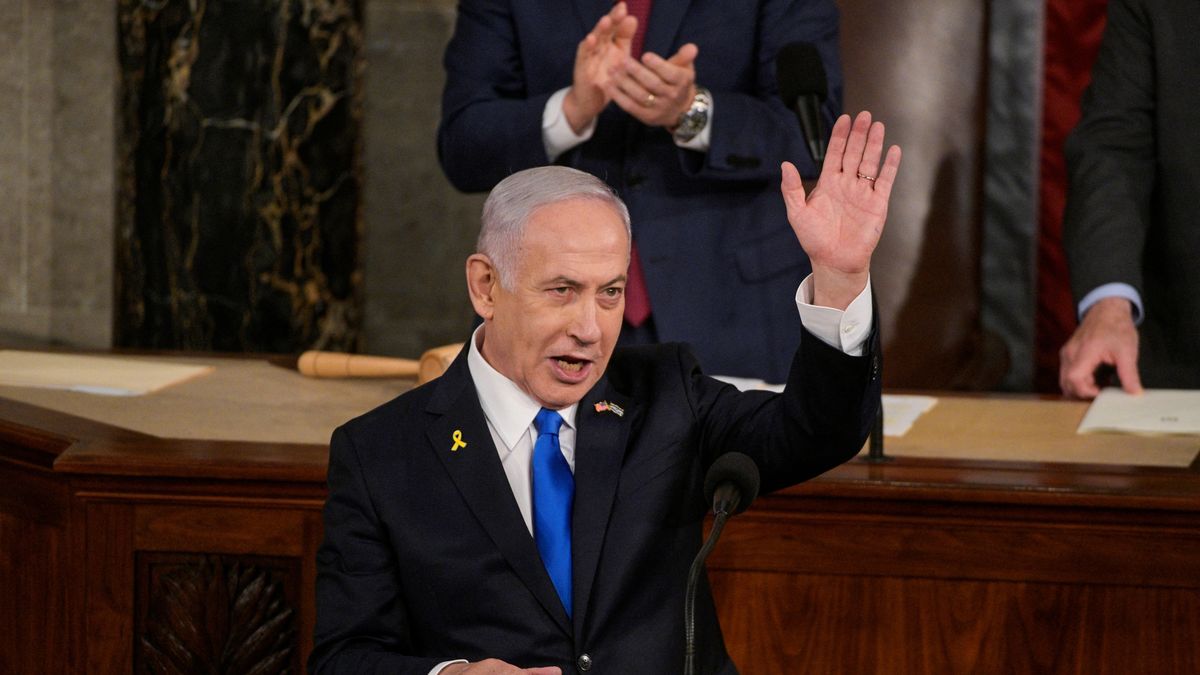Ukraine was attacked by Russia, the giant empire and its President Vladimir Putin launched an invasion. What else could Putin intend to do with Europe?
Russia’s invasion of Ukraine marked a turning point in the history of Europe after World War II. “We woke up in a different world today,” said Federal Foreign Minister Annalena Baerbock (Greens) on Thursday. Chancellor Olaf Scholz (SPD) had already warned at the beginning of the week: Anyone who has listened to Kremlin boss Vladimir Putin in recent years knows that he “actually intends to change something in the geography of Europe”.
If you take Putin at his word, his imperial view of history not only threatens Ukraine. Many in the West are puzzled as to how far the Kremlin ruler is willing to go. An overview of his writings and speeches of the past months.
War against Ukraine: the great Russian nation
A historical essay by the Russian President will be published in July 2020, in which he largely reinterprets the history of the Second World War. The focus is on the justification of the Hitler-Stalin pact of 1939 and a denial of any joint responsibility of the Soviet Union for unleashing the Second World War. Instead, Putin attributes central responsibility to Poland for the start of the Second World War – a portrayal that completely contradicts the historical consensus.
In July 2021, another essay under the name of Vladimir Putin will appear on the Kremlin website – this time it is about the alleged “historical unity of Russians and Ukrainians”. Putin will repeat the core thesis of the text in his speech recognizing the separatist areas on February 21, 2022: Russians, Ukrainians and Belarusians, by the way, are part of “a great Russian nation, a triune people.”
The West as Aggressor
Putin accuses the West of wanting to establish an “anti-Russia” in Ukraine. “Step by step,” the US and the EU had “drawn Ukraine into a dangerous geopolitical game whose goal is to turn Ukraine into a buffer between Europe and Russia, into a staging area against Russia.”
Shortly after the publication of Putin’s Ukraine essay, historian Andreas Kappeler expressed concern in the journal Osteuropa that Russia could “use the alleged persecution and discrimination against ethnic Russians and Russian-speakers in Ukraine as a pretext for indirect or even direct intervention.” . Kappeler warned that Putin’s speech about the “Russian world” is “a fatal reminder of the revisionist policies of Germany, Hungary and other powers” in the period between the world wars.

NATO back to 1997 status
The demands that Putin officially presented to NATO in December are also based on a revisionist view of history: In a draft treaty published by the Russian Foreign Ministry, Moscow is trying to turn history back to the 20th century: NATO should bring its armed forces up to the level of 1997 withdraw when no former Warsaw Pact state had yet joined the Western Alliance.
And a further eastward expansion of the military alliance is to be ruled out in writing: A draft treaty submitted to the United States states that Washington should “deny the former Soviet socialist republics from joining the alliance.”
Concern with the former Warsaw Pact states
The Russian demands rejected by NATO and the USA primarily affected Ukraine, but also Georgia, which the Western military alliance held out the prospect of joining in 2008, and the Republic of Moldova, which has been headed by pro-Western President Maia Sandu since the end of 2020.
The Baltic states, which joined NATO in the course of the second eastward enlargement in 2004, are also harboring great fears in view of the Russian demands. Lithuania, which borders the Russian exclave of Kaliningrad to the south-west and shares a long border with Belarus to the east, declared a state of emergency following Russia’s invasion of Ukraine on Thursday.
Putin has also repeatedly made it clear that his demands do not only relate to the former Soviet republics, but to all states in the former Soviet sphere of influence. On January 21, Russia explicitly demands the withdrawal of NATO troops from Romania and Bulgaria. Other states that joined NATO in 1999 and were members of the Warsaw Pact until the end of the Cold War, including Poland, the Czech Republic and Slovakia, also see themselves as potentially threatened by Russian demands.
Source: Stern
David William is a talented author who has made a name for himself in the world of writing. He is a professional author who writes on a wide range of topics, from general interest to opinion news. David is currently working as a writer at 24 hours worlds where he brings his unique perspective and in-depth research to his articles, making them both informative and engaging.




